Religion
Infused with reverence and symbolism, our religious artworks echo centuries of faith, ritual, and transcendence. These timeless pieces are rich in narrative and spiritual depth, connecting the visible with the divine.
-
-full.webp)
The song of the angels (1881)
Cherubic angels play a lullaby for the infant Christ in this luminous vision of divine harmony and maternal serenity.
-
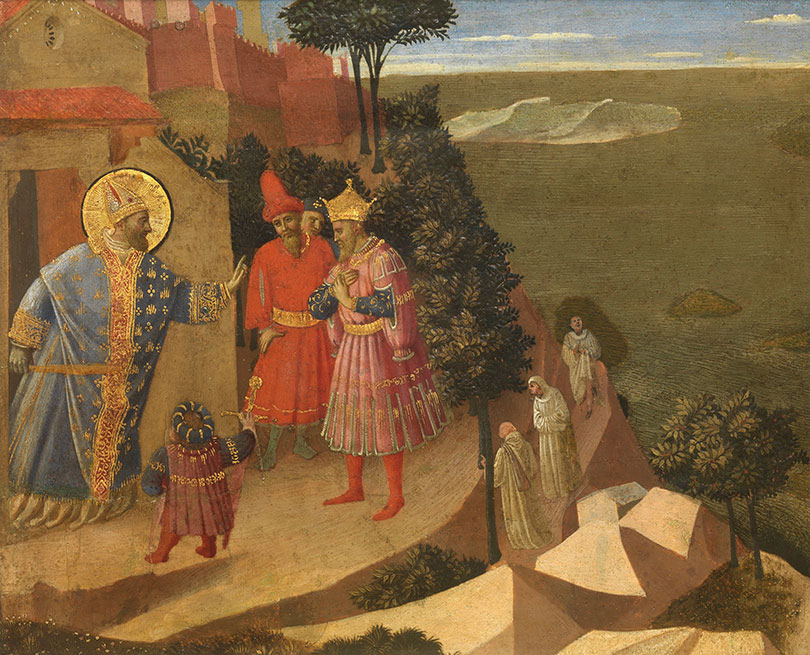
Saint Romuald Refuses Emperor Otto III Admission to the Church (1435)
Fra Angelico portrays Saint Romuald denying Emperor Otto III entry, highlighting religious conviction and artistic mastery.
-
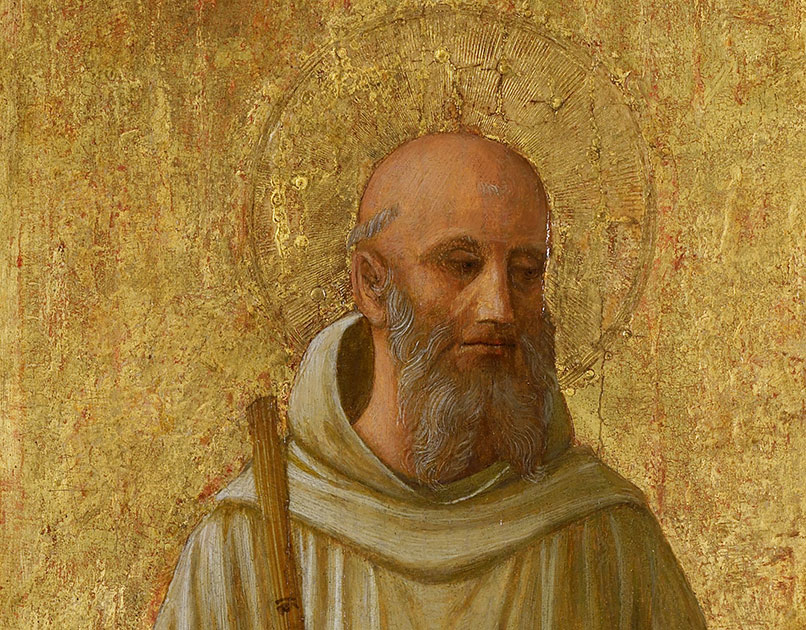
Saint Romuald (c. 1440)
Fra Angelico’s portrayal of Saint Romuald exemplifies Early Renaissance religious art.
-
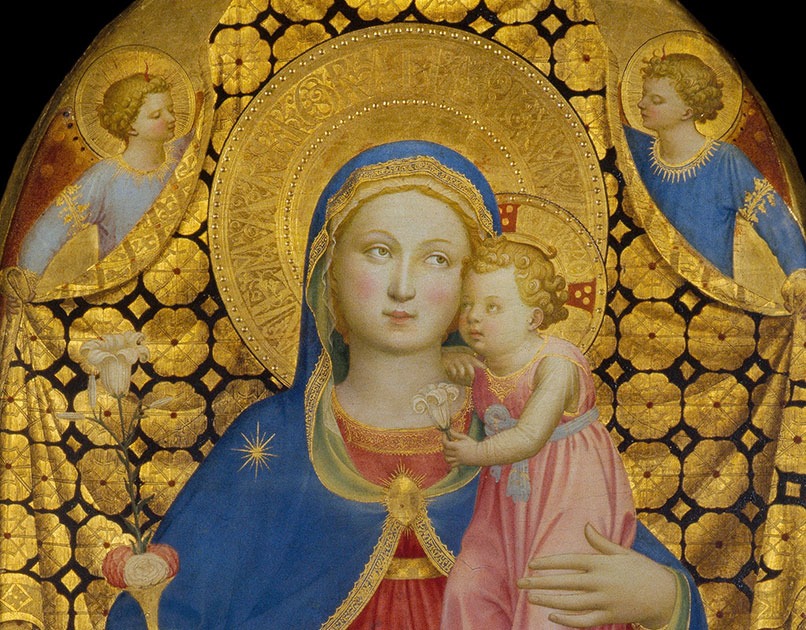
Virgin of Humility (1433~1435)
Fra Angelico’s “Virgin of Humility” portrays a tender moment between the Virgin and Child, exuding sacred serenity.
-
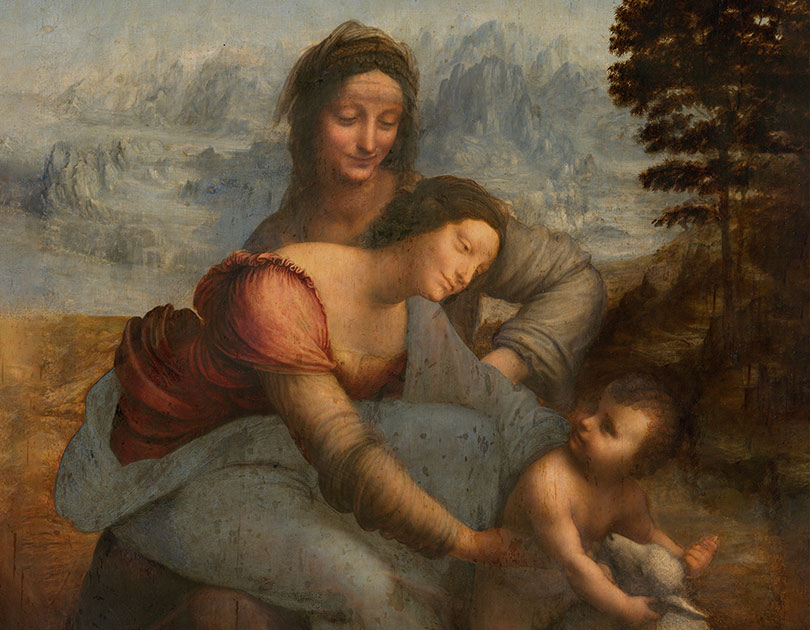
The Virgin and Child with St. Anne (1500-1513)
Leonardo da Vinci’s painting captures Saint Anne, the Virgin Mary, and infant Jesus in a tender moment, highlighting themes of maternal love and sacrifice.
-
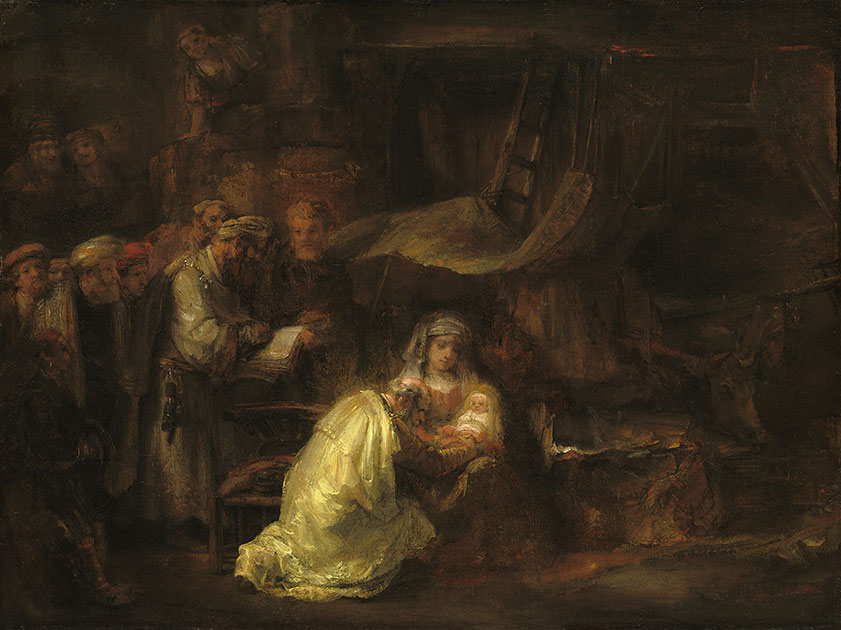
The Circumcision (1661)
Rembrandt’s portrayal of Jesus’ circumcision captures the blend of humanity and divinity with emotional depth.
-
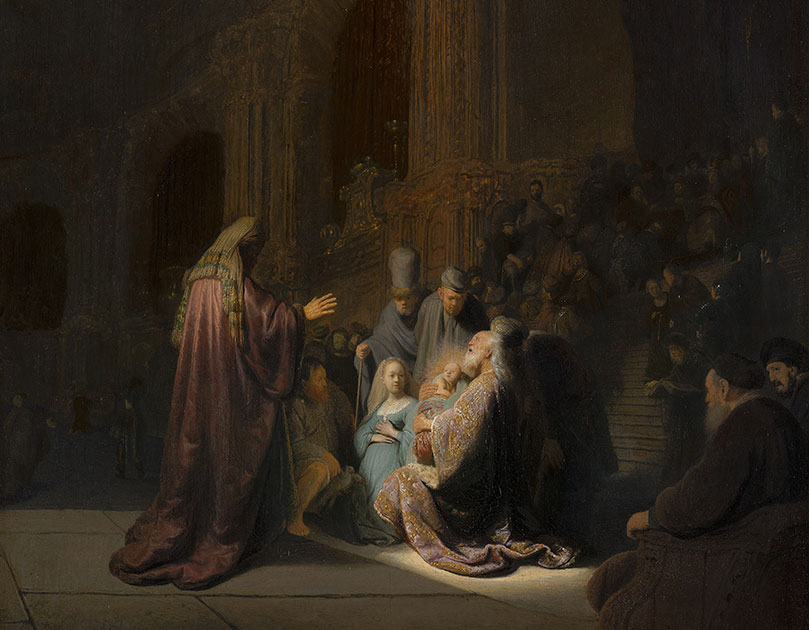
Simeon’s Song of Praise (1631)
“Simon’s Song of Praise,” painted in 1631, depicts an elderly Simeon in the temple, overwhelmed with joy upon seeing the infant Jesus, bathed in divine light. The scene is filled with emotion and drama, particularly through the contrast of light and shadow, which symbolizes the divine presence. Simeon’s posture and expression convey praise for God […]
-
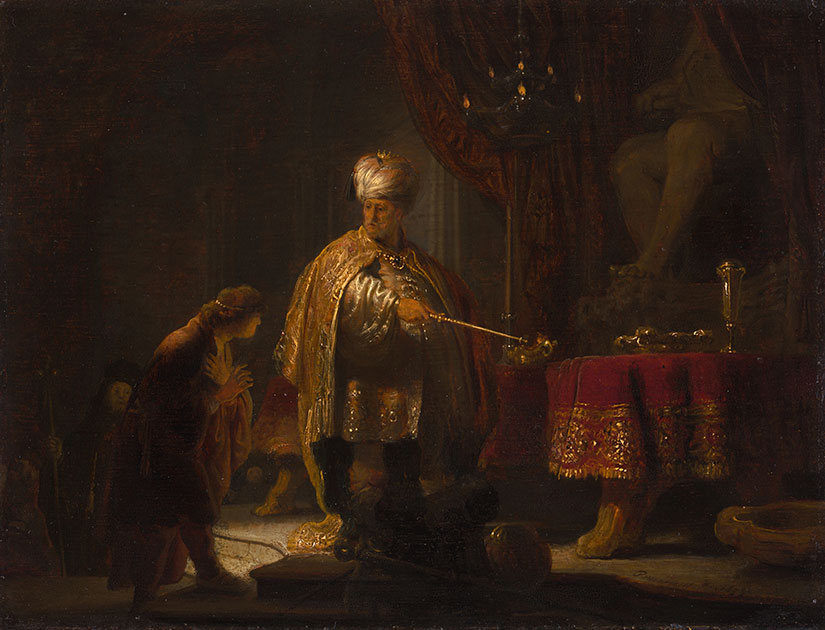
Daniel and Cyrus Before the Idol Bel (1633)
Rembrandt vividly captures the dialogue between Daniel and Cyrus before the idol Bel through contrasting light and shadow.
-
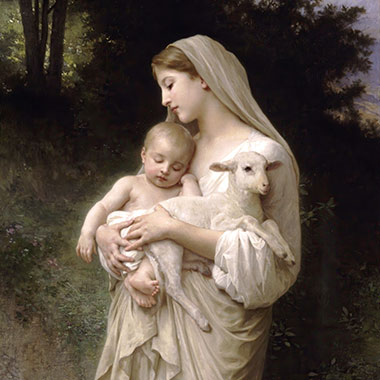
L’Innocence (1893)
Bouguereau’s delicate brushwork captures motherhood and purity in a serene setting
